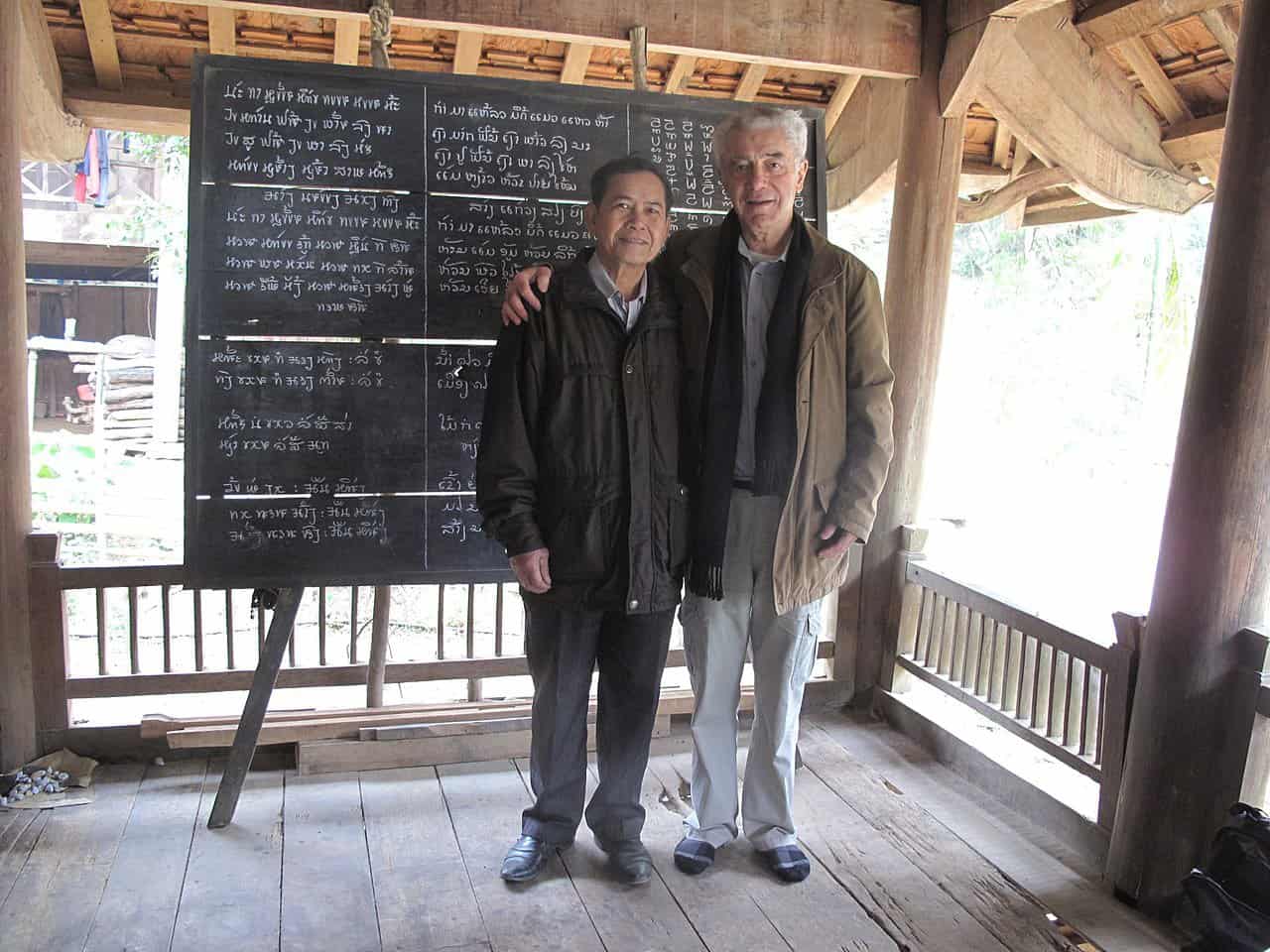via Bangkok Post, 26 July 2024: Benedict Anderson and James C. Scott, renowned scholars of Southeast Asia, left enduring legacies in their respective fields. Anderson’s seminal work on nationalism and Scott’s critiques of state power and advocacy for grassroots movements have significantly shaped academic discourse and understanding of Southeast Asian history and politics.
A longtime teacher and researcher based at Yale University, Jim Scott was from a different mould. He was a self-proclaimed anarchist and a tireless anthropologist. Trained as a political scientist, he deeply disliked the notion and existence of the state. His criticism of the state was the flipside of his championing of farmers and the grassroots. Unlike his Cornell contemporary, Prof Scott was more a political activist than a public intellectual.
His rise to fame was in the mid-1970s when he came up with the influential volume The Moral Economy of the Peasant: Rebellion and Subsistence in Southeast Asia.
It took issue with how development and the market penetrated rural societies. Prof Scott argued that agrarian societies were inherently good because of their organic cooperation, solidarity, reciprocity, and communitarianism. At the time, this was an anti-capitalist outlook far enough to the left to be associated with communism.

























